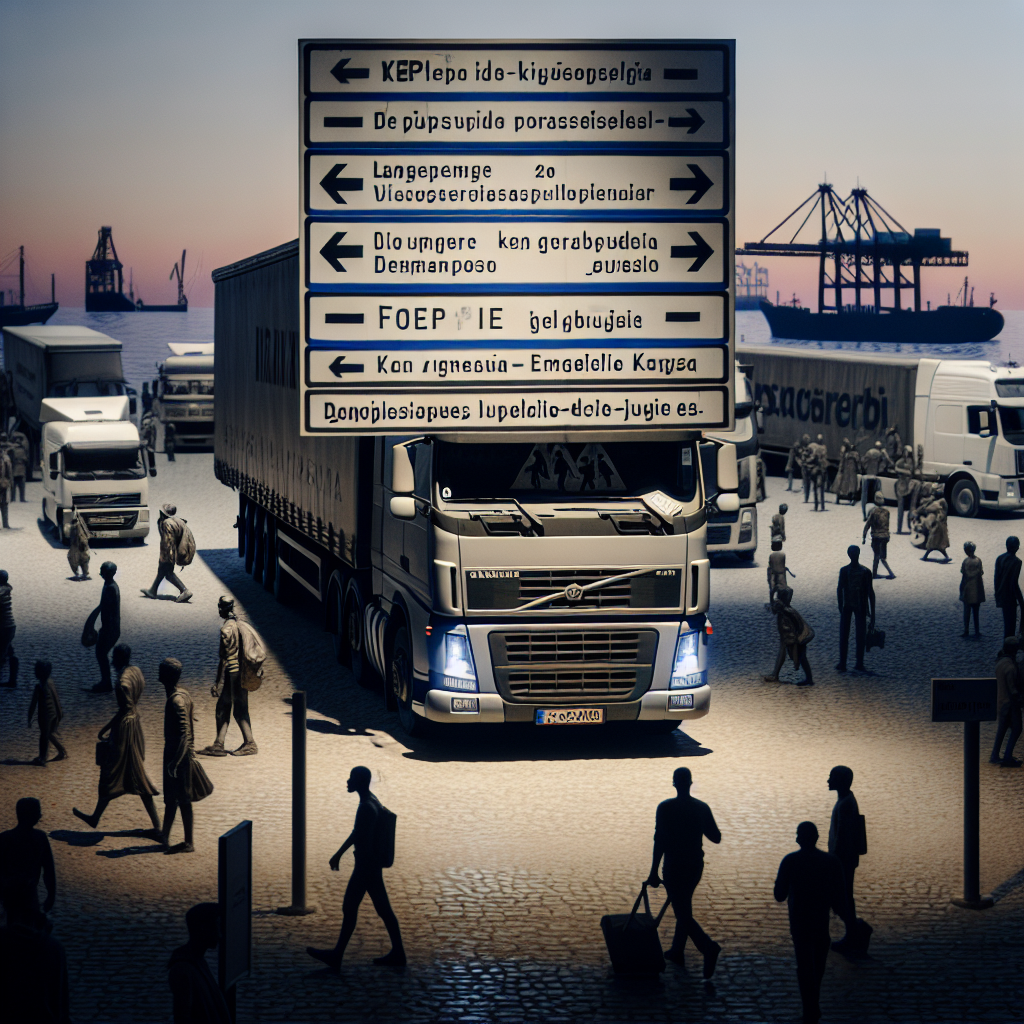The number of people arriving in the UK by crossing the English Channel in small boats has surged to new highs, highlighting the ongoing challenges facing UK immigration policy. Recent days have seen unprecedented arrivals, intensifying the debate around border control and humanitarian obligations.
Home Office data shows that more than 1,100 individuals reached British shores in one day, setting a new record for daily arrivals in 2025. A total of 1,195 people arrived in 19 small boats on a single Saturday, bringing this year’s total to 14,812—an increase of 42% compared to last year and nearly double the arrivals by the end of May 2023.
Record Daily Arrivals: For the first time this year, daily arrivals exceeded 1,000, surpassing all previous daily records for 2025. The surge has brought renewed scrutiny to the government’s response and its ability to manage border flows.
Year-on-Year Growth: As of May’s end, there was a 42% increase in arrivals over 2024 and nearly twice as many as by the same date in 2023. Though not yet matching the single-day record of 1,305 set in September 2022, current patterns suggest that 2025 could become a record-breaking year if these trends persist.
Historical Context: The English Channel crossings have become an emblematic issue in UK politics, with arrival numbers reflecting both broader migration pressures and the evolving landscape of national policy responses.
Government Response and Changing Policies
The recent uptick in Channel crossings coincides with notable shifts in UK immigration strategy. The government has implemented enhanced border measures—such as stronger intelligence sharing with European partners and intensified enforcement efforts in Northern France, where many crossings originate. New legislative initiatives aim to bolster border security and target smuggling operations facilitating these journeys.
Since July 2024, a new direction under Prime Minister Sir Keir Starmer has seen a move away from the previous government’s Rwanda Plan. This controversial policy sought to deter illegal migration by relocating asylum seekers to third countries but was widely criticized as expensive and ineffective, with minimal voluntary participation. The Labour government has prioritized practical cooperation with France and targeted enforcement over high-profile deterrence schemes.
Prime Minister Starmer’s approach emphasizes collaborative action with French authorities and empowering UK law enforcement. The government aims to dismantle smuggling gangs orchestrating dangerous crossings while focusing on solutions grounded in sustained bilateral cooperation rather than so-called “gimmicks” or headline policies that fail to yield tangible results.
Despite these changes, some opposition leaders have voiced concern that the new measures do not go far enough, branding them as a “weak imitation” of earlier deterrence strategies. This ongoing debate underscores persistent political divisions over how best to balance border security with humanitarian commitments.
The Ongoing Immigration Debate: What Lies Ahead?
With Channel arrivals already outstripping previous years and summer expected to bring even higher numbers, immigration remains central to UK political discourse. The success or shortcomings of current strategies will likely play a crucial role in shaping public opinion and future policy direction.
The coming months will test whether enhanced collaboration with France and efforts against criminal smuggling networks can stem the tide of small boat crossings. Political debate is set to intensify as arrivals increase and government policies are put under further scrutiny.
Navigating UK immigration remains a complex challenge, requiring a careful balance between enforcement, international cooperation, and humanitarian responsibility. How the government responds will influence both border security and the broader social conversation on migration.
For ongoing updates and detailed analysis, read the full article at The Epoch Times.
Stay informed as this critical issue evolves—because understanding the response helps shape the future of the UK's borders and society.








Leave a Comment